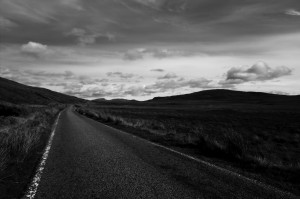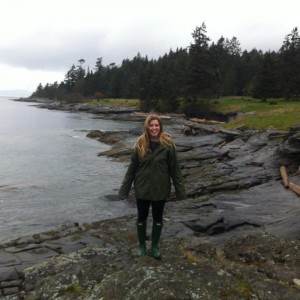I have a great story to tell you.
Once upon a time there was a lovely mother and a lovely father and they had a lovely baby, whom they adored. This baby turned into a child and this child was spared no luxury, but above all, this child was loved. The mother and the father crafted and molded their child with care and thought to themselves,
What a lovely gift we are giving to the world.
And one day, the child grew up and went out into the wide, wild world. The child, now an adult, saw things they had never seen before, smelled things they had never smelled before, touched things they had never touched before, heard things they had never heard before and met many, many different people from all around the world. They were gone for a very long time and the mother and the father waited patiently for their baby to return, but the child did not come back. The child was far away, learning and growing and most of all, changing, changing quickly.
One day the child stopped and remembered their mother and father and decided to go home and show them all that they had become. But when the child arrived home, the mother and the father barely recognized their baby, for so much had changed. The child was not the person they had molded so carefully.
No, thought the mother, this is not the person I gave to the world, this person is much worse.
And the mother and the father were very sad.
And in the deep night the child left again, following the lights of the city, ready to see and smell and touch and hear and meet people and learn and grow. The father cried out when he saw the child had gone, for he still loved the child dearly. He cried out, come back, we can make you right again. But he knew he could do no such thing, for once a child is born it cannot be called back.
Once born, it is loose in the world.
* * *
I told this story to my dad. As I told the story I realized that I had a bit of an agenda. I guess I was put off by the simplicity of the moral in Thomas King’s retelling of how evil came into the world; that stories are dangerous. And I thought, so are people and even if their parents have the best intentions, that doesn’t necessarily mean that they won’t do bad things. And just because they might do bad things, doesn’t mean we should stop reproducing. Maybe I feel the same way about stories, yes they are dangerous, but maybe they should be told anyhow? I don’t know. Even if a story is crafted perfectly and meticulously, once you tell it, it will inevitably change, just like a person. As I told this story to my dad and honed it to be exactly what I wanted, I kept that in mind and think it did change the way I told my story… I honestly found it liberating in a way, knowing that the story as I was telling it at that moment would cease to exist in the next moment. Which is perhaps the exact opposite of what the witches’ story is trying to say.
I really tried to keep my story as bare bones as possible. As a reader (or listener) we don’t know if the child is now a bad person, or if they are just different from whom they were before, different from their parents. I think this is so important, because even something that at times can seem so clear cut, like evil, is not objective. Maybe the witch’s story just seemed bad to the other witches. Am I the only one who wishes I could hear it for myself?
* * *
King, Thomas. The Truth About Stories: A Native Narrative. Toronto: House of Anansi Press, 2003. Print.
“Thomas King.” English-Canadian Authors. Athabasca University, Oct. 2012. Web. 30 May. 2014.


